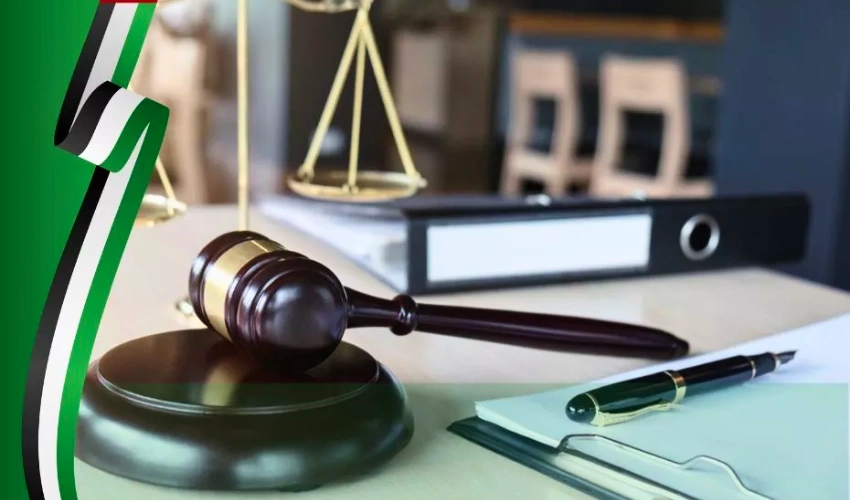
The law governing banking and finance disputes in the UAE is a comprehensive legal framework designed to regulate the relationship between financial institutions and their clients. It provides multiple effective channels for resolving disputes, from amicable settlements to formal litigation and arbitration.
1. Legal and Regulatory Framework
- Central Bank of the UAE: The Central Bank plays a central role in regulating the banking sector. It recently established “Sanadak,” an independent unit for banking and insurance dispute resolution. This unit aims to resolve complaints between consumers and financial institutions fairly, amicably, and swiftly, with its decisions being legally binding.
- Federal Civil Transactions Law (Civil Code): This law is the primary legal reference that governs contractual relationships in the UAE, including loan and financing agreements.
2. Dispute Resolution Mechanisms
Banking and financial disputes can be resolved in the UAE through several methods, starting with informal channels before resorting to courts:
- “Sanadak” Unit of the Central Bank: This is the primary and most effective option for resolving consumer complaints against banks and insurance companies. Clients can submit an electronic complaint with all relevant documents, and the unit is committed to resolving the issue within a specific timeframe.
- Negotiation and Mediation: The law encourages amicable dispute resolution. Many institutions, such as Chambers of Commerce and specialized centers, offer mediation services to help parties reach a mutually acceptable solution without needing to go to court.
- Arbitration: This is an alternative to litigation, typically used in large commercial contracts. It offers flexibility, confidentiality, and speed. The UAE has reputable arbitration centers, such as the Dubai International Arbitration Centre (DIAC) and the Abu Dhabi Commercial Conciliation and Arbitration Centre (ADCCAC).
- Litigation (Court System): If alternative methods fail, parties can resort to the specialized courts. The judicial system consists of three tiers (First Instance, Appeal, and Cassation).
- DIFC Courts: These are specialized courts that handle commercial and financial cases arising within the Dubai International Financial Centre. They operate on common law principles.
3. Common Types of Banking Disputes
The types of banking disputes are varied, with the most common ones including:
- Personal and Car Loan Disputes: These usually relate to repayment terms, interest rates, or default on payments.
- Credit Card Disputes: Issues often involve unexpected fees, fraudulent transactions, or annual charges.
- Mortgage Disputes: These relate to the terms of the mortgage, insolvency, or property foreclosure.
- Financial Fraud and Banking Misconduct: This can include cases of consumer fraud, conflicts of interest, or a bank’s violation of regulations.









